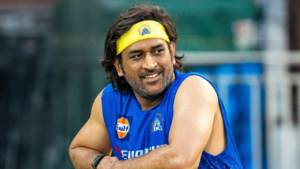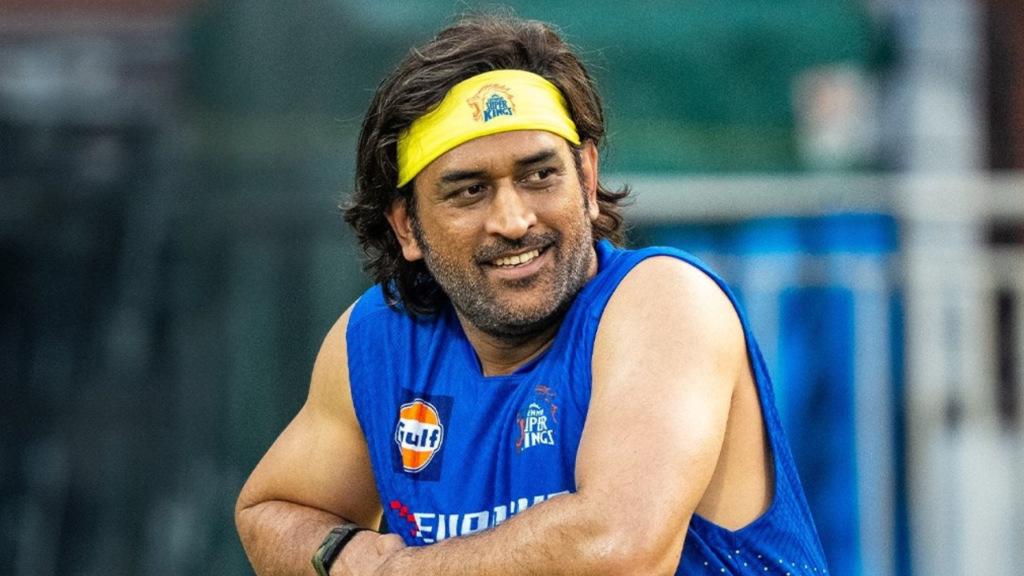
This was the India-Australia Test match in Mohali 2008. It’s remembered because in this game Sachin Tendulkar broke Brian Lara’s world record for most Test runs. The record still stands to his name. It was also the match where Sourav Ganguly registered his last Test century and Amit Mishra marked his debut with a five-wicket haul. India won that game and eventually the series.
Hidden somewhere between these milestones was an unforgettable passage of play. Despite the efforts of Tendulkar and Ganguly in that first innings, Indian needed someone to hold fort, so that they could take the game beyond Australia’s reach by posting an imposing total. At 305/5, they needed a bit more to make it really substantial.
Brett Lee was bowling and on strike was Mahendra Singh Dhoni. Lee hurled a bouncer. Dhoni was neither in a position to leave it, nor to offer a shot, defensive or attacking. What did he do? He just held his stance. The ball rocketed into his left shoulder. Dhoni stood there as if it was a fly that had hit him and not a cricket ball travelling at over 140 kmph. Lee looked at him. Dhoni looked back without showing a trace of the physical pain it must have caused.
We talk about mental strength, read about it and listen to what the experts say. In the space of one delivery, Dhoni showed what it actually means. It must have hurt, but he did not show it. He did not do it because he knew that as the captain of the team, he could not afford to show any sign of being cornered in a crunch match against a ferocious opponent. He made 92. India won the Test comfortably.
For the Latest Sports News: Click Here

Two years before that, I had the good fortune of having a one-on-one with him. This was in the West Indies in 2006. What he told me startled a lot of people. “Players from the smaller towns are mentally stronger than the boys from the metro cities. They undergo hardships that these boys don’t have to. So we are naturally more attuned to it when it comes to dealing with tough situations,” the player from Ranchi had said. Before him, nobody from Ranchi had come even remotely close to representing India in cricket.
It was a remarkable statement because it was made in a most matter-of-fact manner. It was a realisation, not a boast. Dhoni was not trying to prove a point. He said it because it was what he felt the truth was. And did he not live this! The kind of situations he successfully handled in white-ball cricket very few did. He did not do it by looking the opposition in the eye, but by keeping his feet on the ground and taking decisions that nobody else could have.
‘Looking the opposition in the eye’ is a fashionable phrase. It sounds good and is true, when the situation allows you to do so. But it can also be mistimed. Not for a second in his long captaincy tenure did Dhoni get it wrong. He gave them a cold stare only when the situation warranted. That’s what he meant when he said that about the mentality of ‘boys from smaller towns’. They know when to do it because they face those situations in daily life.
As he turns 43, India will do well to remember how a boy from a small town, known mainly for having a mental asylum, changed the psyche of players from similar backgrounds. He was not the first to come from such a place. But he gave thousands the belief that they can better boys from more privileged upbringing and exposure. Lee, for sure, will never forget that cold look after he had thought that he had taken a mental edge.
Also Read: MS Dhoni over the years: From first visit to Ranchi to twilight zone




